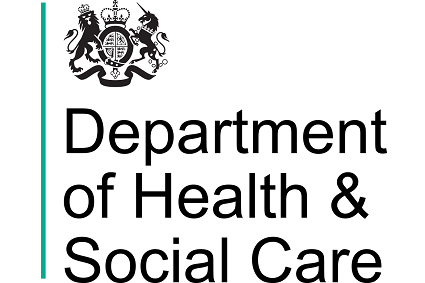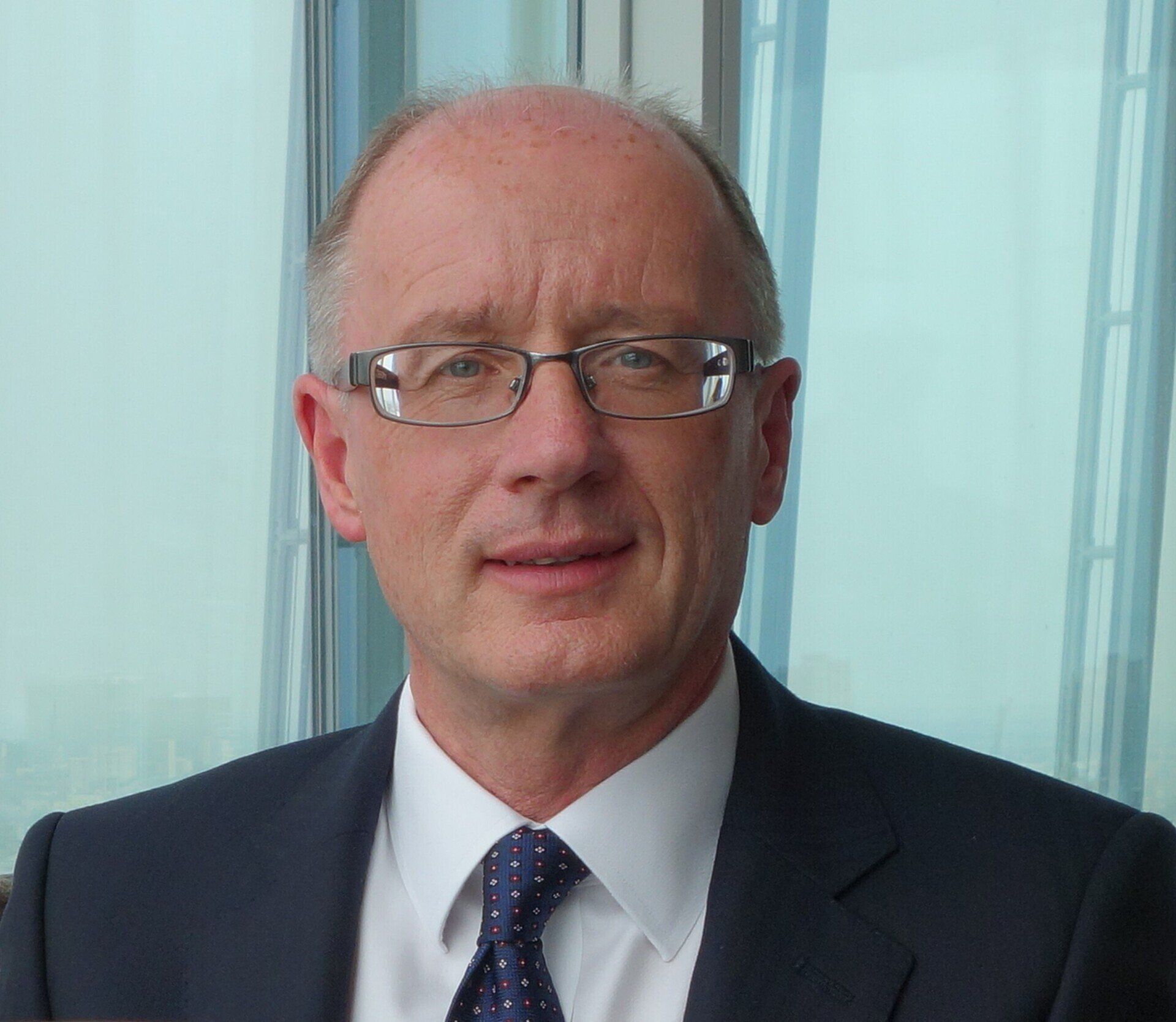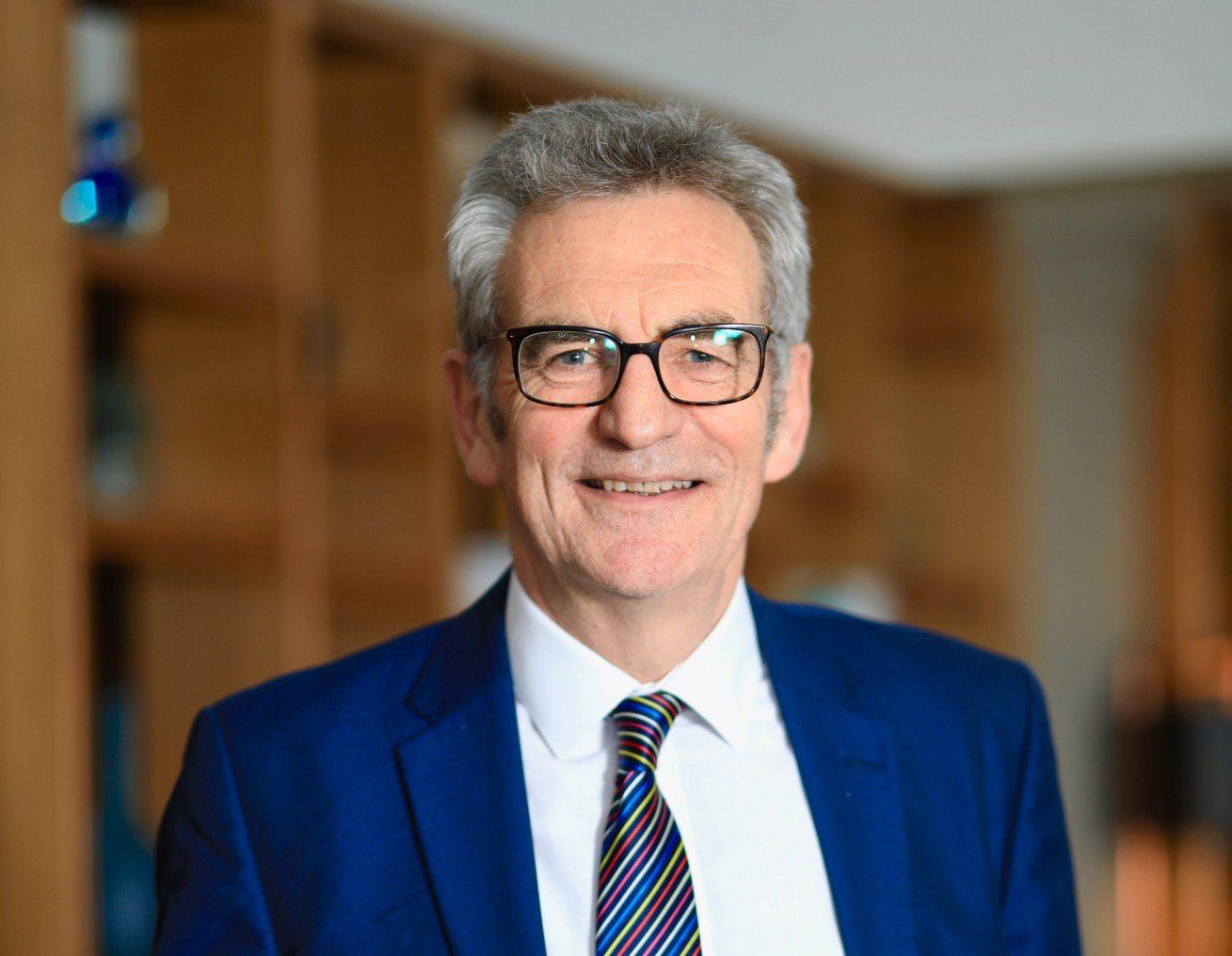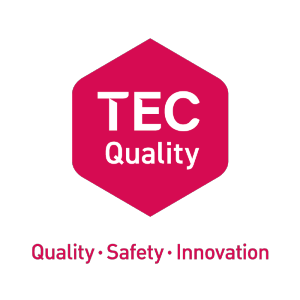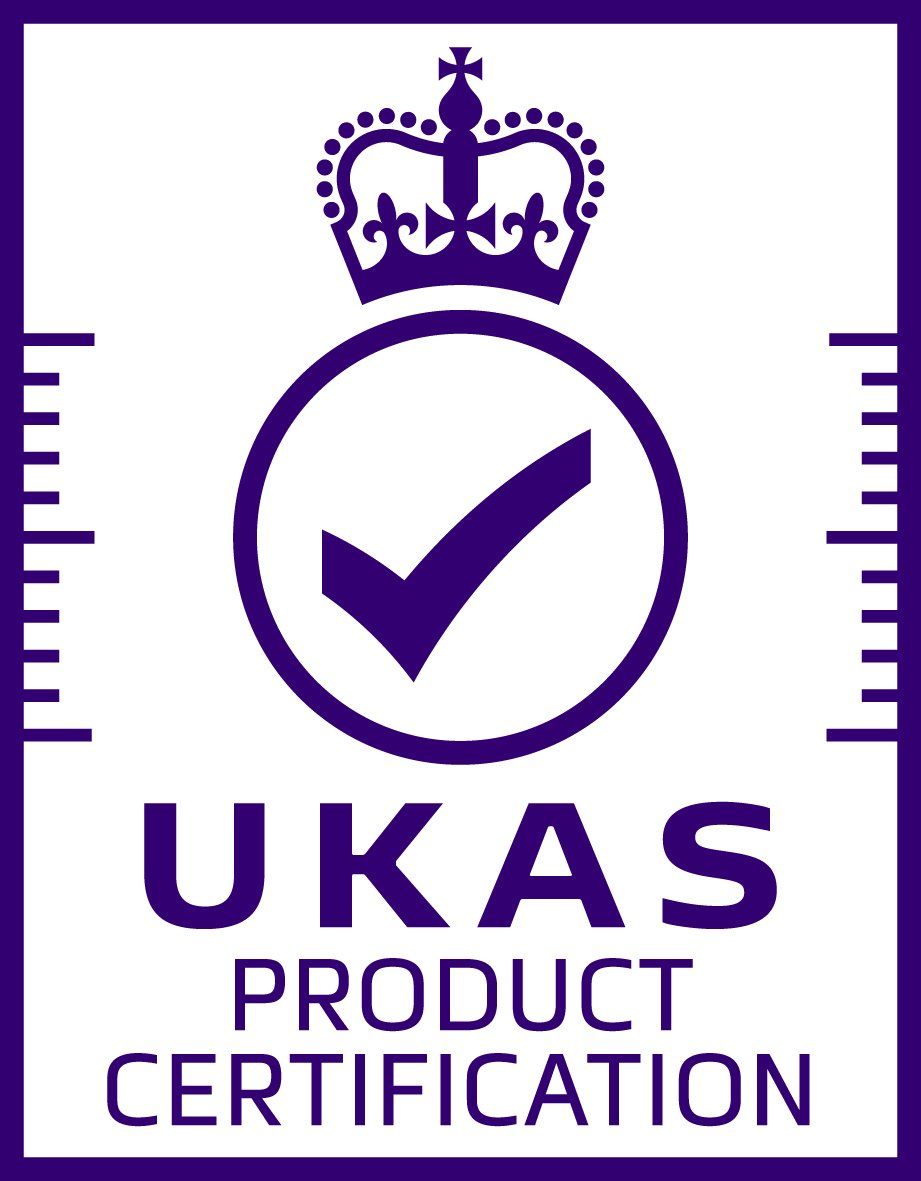The QSF - So What?
Jane Turner-Bragg previously worked as Head of Service – Older People for Bromford Housing Group. Now she is one of TSA’s Quality Standards Framework (QSF) auditors. Here she gives the auditor's view and you may be pleasantly surprised...
QSF. So What?
This is the best question any leader can ask in their business.
‘So what’ if we make a few mistakes; ‘So what’ if we don’t have time to look at every complaint; ‘So what’ if we didn’t get right first time;‘So what’ if that commissioner thinks we didn’t offer best value for money.
In this sector the products are largely the same - it’s the scale; the price; the opportunity; the commitment to improve; the innovation and the service that are different.Wherever you are in the market, whatever your strategy and vision for the future, what will mark you out is that you have the essential ingredients sorted -
- Demand high standards
- Ensure excellent outcomes
- Back it up with a superb service
- Put the service user at the heart of what you do
- Strive for safe services
- Continually improve and innovate
That adage ‘people forget what you say, people forget what you do, but people never forget how you made them feel’ is so true of this industry.
That’s where QSF can help -the 10 modules cover the fundamental must do essentials for achieving excellence in your business, whether you are a provider or a supplier. They exist not just for auditing - they are a foundation tool for business development and service transformation – much like a business health-check . They will help you design your vision of ‘what great looks like’ and ensure you know when you have achieved it.
One of our certified members said it has helped them safely “take positive risks within a framework” – removing the guesswork.
Embedding QSF in your business will plot where you are on your journey, and what next steps are.With the support of TEC Quality Auditor and the TSA team, it will ensure you ask yourself the right questions; accurately assess the status of your business and areas for improvement; enable you to prioritise/plan/achieve and then review outcomes. As well as checking your progress, your auditor will give you industry good practice style tips and advice about things that work well elsewhere.
So in summary - use the QSF as a self-assessment tool to ensure you to have a very clear picture of where you are and the journey you need to take, but have your service independently validated. You can use the QSF principles every day. It can help you most if you adopt it as a ‘live’ plan and keep refering to it throughout the business to shape, flex, monitor and deliver your key priorities - the things that matter most to your customers, commissioners and partners.
As one certified telemonitoring head said: "the QSF doesn't stop at the end of the audit - the benefits of staying within the scheme it is that it keeps us 'match-fit' - policies and procedures are not frozen in time and as they're constantly shifting the QSF stops us from dropping our standards, keeping our service users safe and our workforce happy."
You don’t have to be perfect to be 'excellent' - but QSF will help you to know where the weaknesses are so you can tackle them today and save the heartache of tomorrow.
Jane Turner-Bragg
TEC Quality
Associate Auditor
